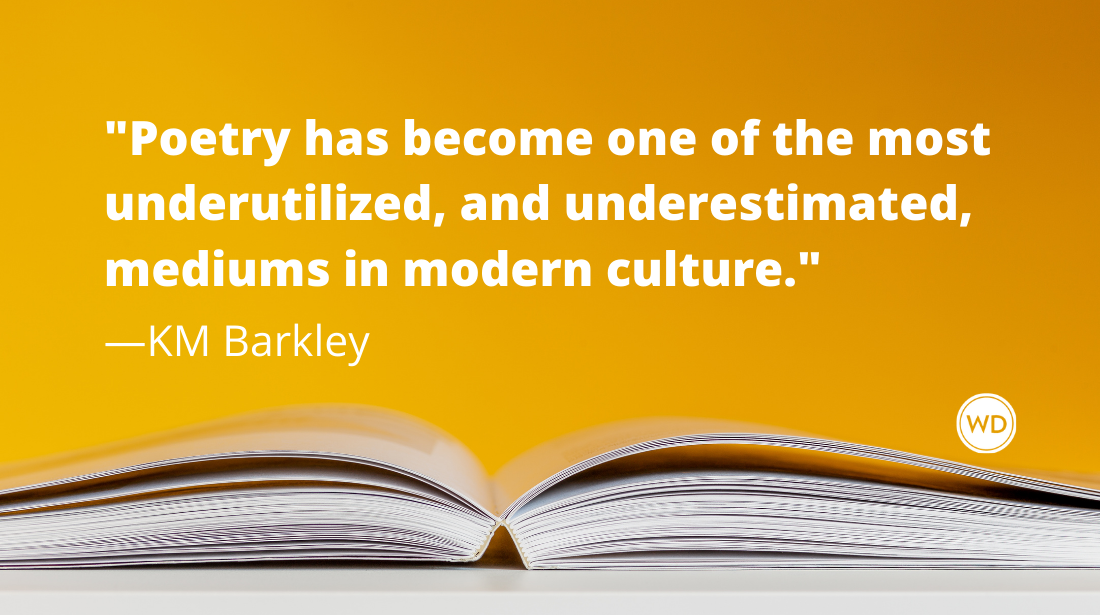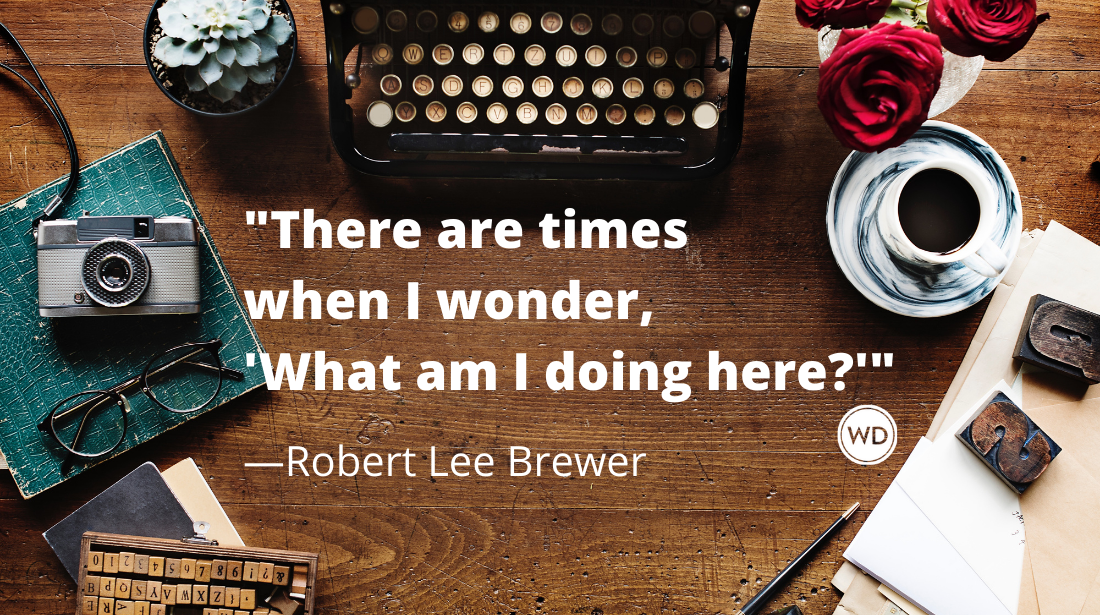Thinking about bridges…
Yesterday Robert linked to a Washington Post story about “the world’s worst poet,” William McGonagall of Scotland. The article quoted McGonagall’s “The Tay Bridge Disaster,” which is too painfully bad…
Yesterday Robert linked to a Washington Post story about "the world's worst poet," William McGonagall of Scotland. The article quoted McGonagall's "The Tay Bridge Disaster," which is too painfully bad to repeat here in light of what happened in Minneapolis (the catastrophe struck long after the McGonagall story had appeared).
It's natural for a poet, or any writer, to react to or want to commemorate a tragedy through their written words. Some poets are up to the task. Many are not. I usually find myself in the latter category.
My phobias don't include crumbling bridges, but I do sometimes think about collapses--especially when crossing a massive, highly traveled span like the double-decker Brent Spence Bridge here in Cincinnati. I blame the apprehension on two bridge disasters that have impacted me deeply.
The Silver Bridge between Point Pleasant, West Virginia, and Gallipolis, Ohio, went down on a Friday evening a week before Christmas, 1967--the year I was thirteen. Even at a much younger age I was easily haunted by tragedies, but this one hit me especially hard. Perhaps it was because it was so easy to imagine; we were always driving over one bridge or another to and from Northern Kentucky. The personal details of the Silver Bridge disaster layered associations (and horror): Some of the people on the bridge were driving home from work. Some were going Christmas shopping. Grandparents died together. A mother went down with her two young daughters, as did a married couple expecting their first child in January. Such stories made me heartsick, and still do.
Because the Silver Bridge crashed into the Ohio River, there was eventually speculation that some of the victims not yet recovered would float downriver to our area. That reinforced the connection to an event in a place I'd never been, and I stared at the Ohio whenever we crossed in a way I never had before.
It was decades before I knew about The Mothman (book, movie, or cult). As creepy as the stories are, I didn't need a mutant with moth wings and bulging eyes to scare me. Real life was frightening enough.
The second time the aerial shot of a collapsed bridge made my heart stop was when I was flying home from Europe in 1989.I was watching the CNN weekly recap when the image of a broken bridge came up and I heard the words "Miamitown, Ohio." My mother, stepfather, and sister lived a couple of miles up the pike from Miamitown and used that bridge daily. The story gave few details and didn't name any of the fatalities. Panic threw my imagination into overdrive as I pictured every possible scenario and wondered if any of my loved ones were gone and whether some weird decision had been made not to contact me and ruin the last of my trip to Europe.
To my relief, my mother and sister were waiting at the airport, and they confirmed that everyone was safe. It had been too close for comfort, though. My sister had crossed the bridge on her way home from work, just minutes before it fell into the Great Miami River. She was only minutes from home, but news of the collapse broke before she arrived, and there were some anxious minutes (and phone calls) for the family before she drove up the driveway.
I never tried to write about the Silver Bridge disaster. I couldn't bring myself to make someone else's sorrow my own. I did attempt a poem about the Miamitown collapse, but it was awful and I gave up trying to make it readable. One "The Tay Bridge Disaster" is more than enough.
--Nancy
Robert Lee Brewer is Senior Editor of Writer's Digest, which includes managing the content on WritersDigest.com and programming virtual conferences. He's the author of 40 Plot Twist Prompts for Writers: Writing Ideas for Bending Stories in New Directions, The Complete Guide of Poetic Forms: 100+ Poetic Form Definitions and Examples for Poets, Poem-a-Day: 365 Poetry Writing Prompts for a Year of Poeming, and more. Also, he's the editor of Writer's Market, Poet's Market, and Guide to Literary Agents. Follow him on Twitter @robertleebrewer.







